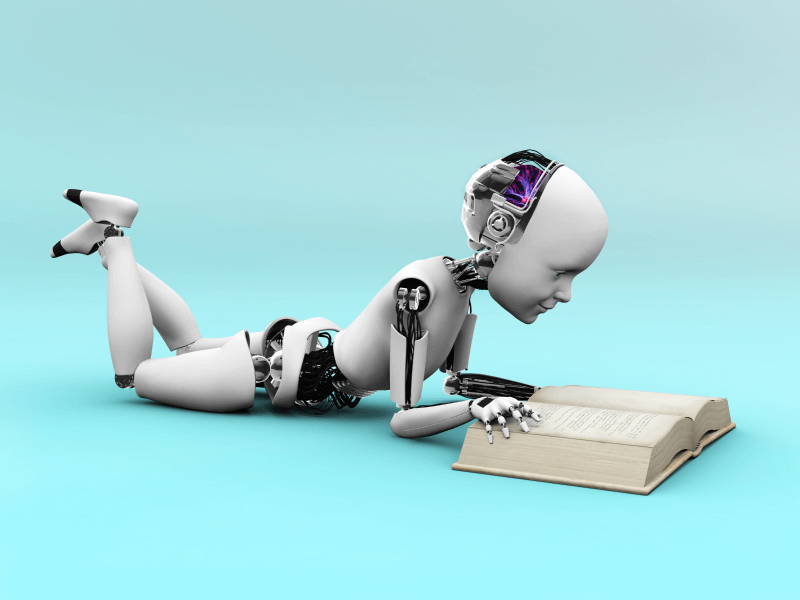
STEM Program
Human-Machine Teaming: Applications, Issues, and Case Studies
Faculty Advisor: Distinguished Professor, Carnegie Mellon School of Computer Science
Research Program Introduction
Humans and machines have different capabilities. Decades ago, Steve Jobs waxed eloquent about the amplification of human ability by referring to the efficiency of a man on a bicycle (the relevant video excerpt starts at 5:20).
With the increasing prevalence of artificial intelligence (AI), the debate is shifting to how machines can complement people, scale human performance and expertise, and reduce risk. Frameworks for and best practices in teaming are evolving in different milieus. Data, mores, task goals, and component capabilities may dictate the overall team architecture. This is a fertile ground for learning and experimenting in a contemporary sandbox. Bias-free implementations with attention to ethical considerations are a focus area.
In this project, the Faculty Advisor will provide motivating scenarios and exploration pathways. Participants will also get a taste of data analysis and AI concepts. This innovative practicum will lay a foundation for critical, data-oriented thinking and problem-solving in a technologically advancing world.
Students will also learn general and subject-specific research and academic writing methods used in universities and scholarly publications. Students will focus on individual topics and generate their own work products upon program completion.
Project Topics
Human-machine teaming for health: How can wellness and clinical care be improved by combining expert clinicians and tools?
Human-machine teaming in the wealth milieu: Predicting stock prices, analyzing economic data
Human-machine teaming in the Wisdom milieu: How to disseminate reliable information in a world with over-flooded information?
Human-machine teaming for prediction: How to design surveys and polling to inform results of future events (in sports, politics, etc.)
Human-machine teaming for social responsibility: How to reduce bias via teaming? How do we achieve social justice?
Program Details
Cohort size: 3 to 5 students
Duration: 12 weeks
Workload: Around 4 to 5 hours per week (including class and homework time)
Target students: 9 to 12th graders interested in computer science, artificial intelligence, data analytics, FinTech, healthcare technology, or machine learning. Coding, algorithm, or data analytics experience is a plus.
Schedule: TBD. Meetings will take place for around one hour per week, with a weekly meeting day and time to be determined a few weeks before the class start date.
